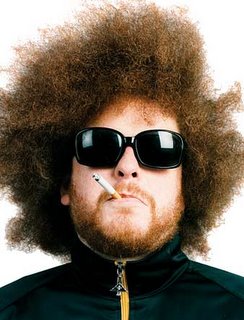There’s something magical about catching a glimpse of one of your favorite authors at work – even a photo of the epic event can send an anxious thrill down your spine, as if you might be able to see some hint of literary genius in posture or setting, in attire or facial expression. And it’s even better if they’re working on a typewriter. After all, there’s something impossibly gorgeous about a typewriter – maybe it’s the vintage charm, maybe it’s the physicality the noisy machine lends to the writing process, but people. . . go mad for typewriters. . .
I think the writer of this piece misses the point about typewriters. It's likely she learned her craft clicking away at a computer keyboard and has little experience with typewriters.
Sure, nostalgia for typewriters is fun but writers used these instruments as tools of their trade. Bottom line: a typewriter helped the writing process and made getting the prose down on paper easier. Using a pad and pencil or pen was inferior though many may have continued to use that - Hemingway recommended first drafts in long-hand - you had one more chance to sharpen your prose and no one knew more about sharp prose than Hemingway- and Martha Grimes still writes in long-hand though you can be sure the manuscript she turns in to her publisher has been run through a word-processing program. Which is to say if a writer is still writing his drafts by hand, he's being self-indulgent. But when it comes time to cranking out clean, readable copy for editors or readers or other users of the piece of writing, typewriters were far superior than old-fashioned handwriting. I imagine these writers at the linked article would gladly trade their Remingtons and Olivettis and IBM Selectrics for a laptop and a Word program.
No, I'm not immune to romance. This is what I imagined I'd be doing when I graduated from college with a degree in journalism:
The truth is, crafting prose is hard work and you're lucky if you can make a living doing it. A professional finds, and uses, the best tools of the trade to help him along.




No comments:
Post a Comment